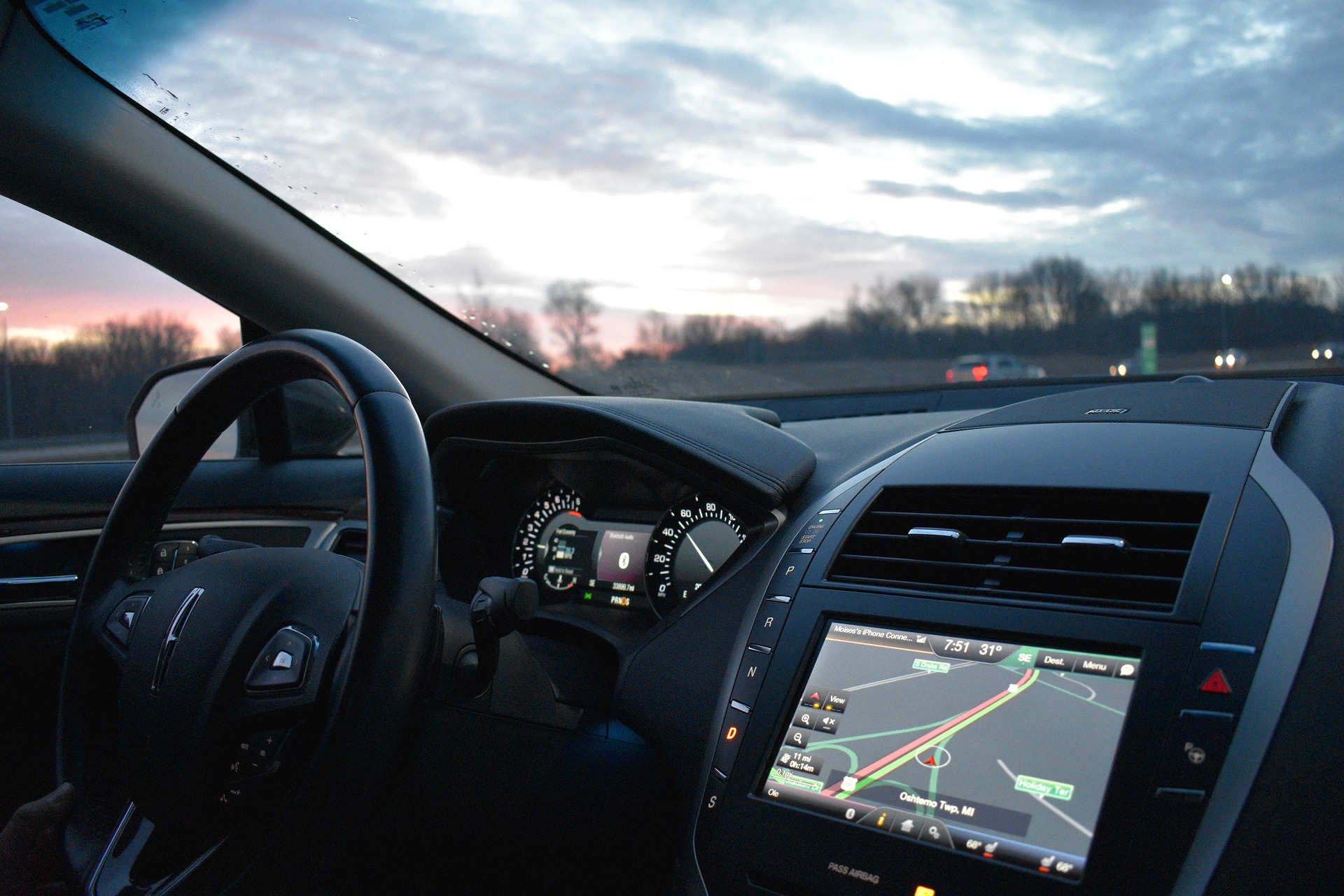The Renaissance of Hydrogen-Powered Cars
Fuel cells, high energy output, and zero-emissions – these are just a few of the appealing factors of hydrogen-powered cars. Once touted as the future of motoring, they have been somewhat overshadowed by the rise of electric cars in recent years. However, the tide may be turning, as we start to see a resurgence in the interest and development of hydrogen fuel cell technology.

A Historical Perspective: The Dawn of Hydrogen Cars
Automotive history is not just about classic cars and legendary models. It also involves the advent and evolution of technologies, such as hydrogen fuel cell propulsion. The concept of harnessing hydrogen’s energy for transport isn’t new. In fact, the first hydrogen-powered vehicle was a Ford Model T modified by engineer Francis Thomas Bacon in the 1960s. Despite the potential, the path to commercialization of hydrogen cars has been fraught with challenges, with issues relating to cost, infrastructure, and fuel cell durability.
The Current Landscape: A Renewed Interest in Hydrogen
There’s a recent shift in the automotive industry’s mindset towards hydrogen-powered cars. With climate change and environmental sustainability becoming pressing issues, the sector is seeking greener alternatives. Hydrogen, being the most abundant element in the universe, offers a tantalizing solution. Its only emission is water vapor, making it attractive from an environmental standpoint. While electric vehicles (EVs) have been the focus of the spotlight, hydrogen fuel cell vehicles (FCVs) are quietly making strides.
The Future of Motoring: Hydrogen’s Potential Impact
The potential impact of hydrogen in the automotive industry is profound. It offers the possibility of a zero-emission transport system, contributing significantly to the reduction of greenhouse gas emissions. However, the road to hydrogen dominance isn’t without hurdles. The lack of refueling infrastructure and the cost of fuel cells are significant barriers. But with automakers like Toyota and Hyundai making significant commitments to FCVs, we might well be on the brink of a hydrogen revolution.
The Benefits and Challenges of Hydrogen Cars
The benefits of hydrogen-powered vehicles are clear. They offer zero-emissions, high-energy efficiency, and quick refueling times – a significant advantage over EVs. However, the challenges are equally profound. The current lack of refueling infrastructure and the high cost of fuel cell production are major barriers to widespread adoption. Additionally, the process of producing and transporting hydrogen needs to be more environmentally friendly for it to be a truly green solution.
The Role of Research in Advancing Hydrogen Technology
Research and development play a crucial role in the progress of hydrogen technology. The focus is on developing more efficient fuel cells, reducing the cost of production, and improving the durability and reliability of the systems. Concurrently, efforts are being made to create sustainable and green methods of hydrogen production. If these challenges can be overcome, the dream of a hydrogen-fueled future may well become a reality.
To conclude, the journey of hydrogen-powered cars has been a rollercoaster ride, filled with anticipation, setbacks, and renewed hope. As we stand today, the future looks promising, with a renewed interest in hydrogen technology. Despite the challenges, the potential benefits of this zero-emission technology cannot be ignored, making it a fascinating space to watch in the coming years.






